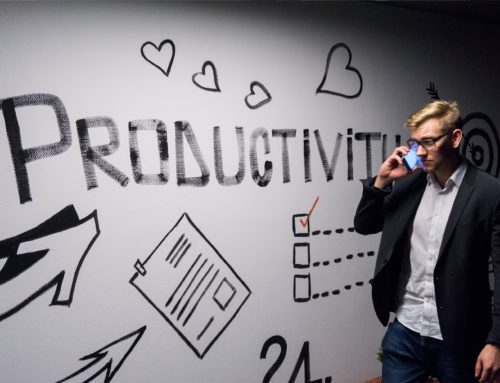Making time for breaks throughout the workday is important regardless of your industry. But it is particularly important if you work with heavy equipment or operate machinery. And if your work product has the potential to impact another person’s health or safety, it is absolutely critical.
Americans Are Working More Than Ever
About 90 years ago, a British economist named John Keynes famously predicted that his grandchildren’s generation would only log about 15 hours of work a week. He came to this conclusion based on projected improvements in technology that would continually increase productivity and automate processes. Keynes believed that we would be able to get the same amount of work done in a shorter period, allowing us to spend more time on our personal lives. And by all accounts he should have been right – so why does it seem like our entire workforce is currently on overtime?
According to Bureau of Labor Statistics, about a third of Americans are working more than 45 hours a week, and nearly ten million people are regularly logging over 60 hours. To make matters worse, fewer employees are even taking their vacation time, and they are “on the clock” basically 24 hours a day. It should come as no surprise that these long hours come with some serious side effects.
More Work Can Equal More Problems
Not giving your body the opportunity to recharge can result in mental, physical, and emotional distress. People who are overworked will often turn to drugs or alcohol to help them relax at the end of the day. This can negatively affect your sleep cycle, lead to abuse or addiction, and result in serious ailments such as depression.
Chronic stress is also bad for the body, and can increase your chances of diabetes, stroke, and heart disease, just to name a few. And by spending too much time focused on work, you may be putting undue strain on your personal relationships.
Rest Helps with Productivity
Studies have shown that people who put in significantly more hours are not necessarily any more productive than their colleagues who regularly take time for themselves. Many people hit a mental wall when they are overworked, which hinders their ability to solve problems and make decisions. Therefore, taking breaks can actually help you be more productive.
This does not mean that you should call your boss and tell him or her that you will only be working three days a week from now on. But it does mean that you should start making a conscious effort to regularly separate yourself from the job. Schedule time for a couple ten-minute walks throughout the day. Eat lunch away from your work area. Stop checking your phone after you head home for the night. These small things can make a big difference in your personal health and your professional performance.
How Employers Can Help
If you are in a management position, keep your eye open for any employees who might be showing signs of burnout. This could include decreased productivity, a lack of enthusiasm, or relationship issues with colleagues. By stepping in early and encouraging team members to take time for themselves, you can lower the turnover rate, while improving company morale and your bottom line.
Photo by Briggs Boyd on Unsplash









